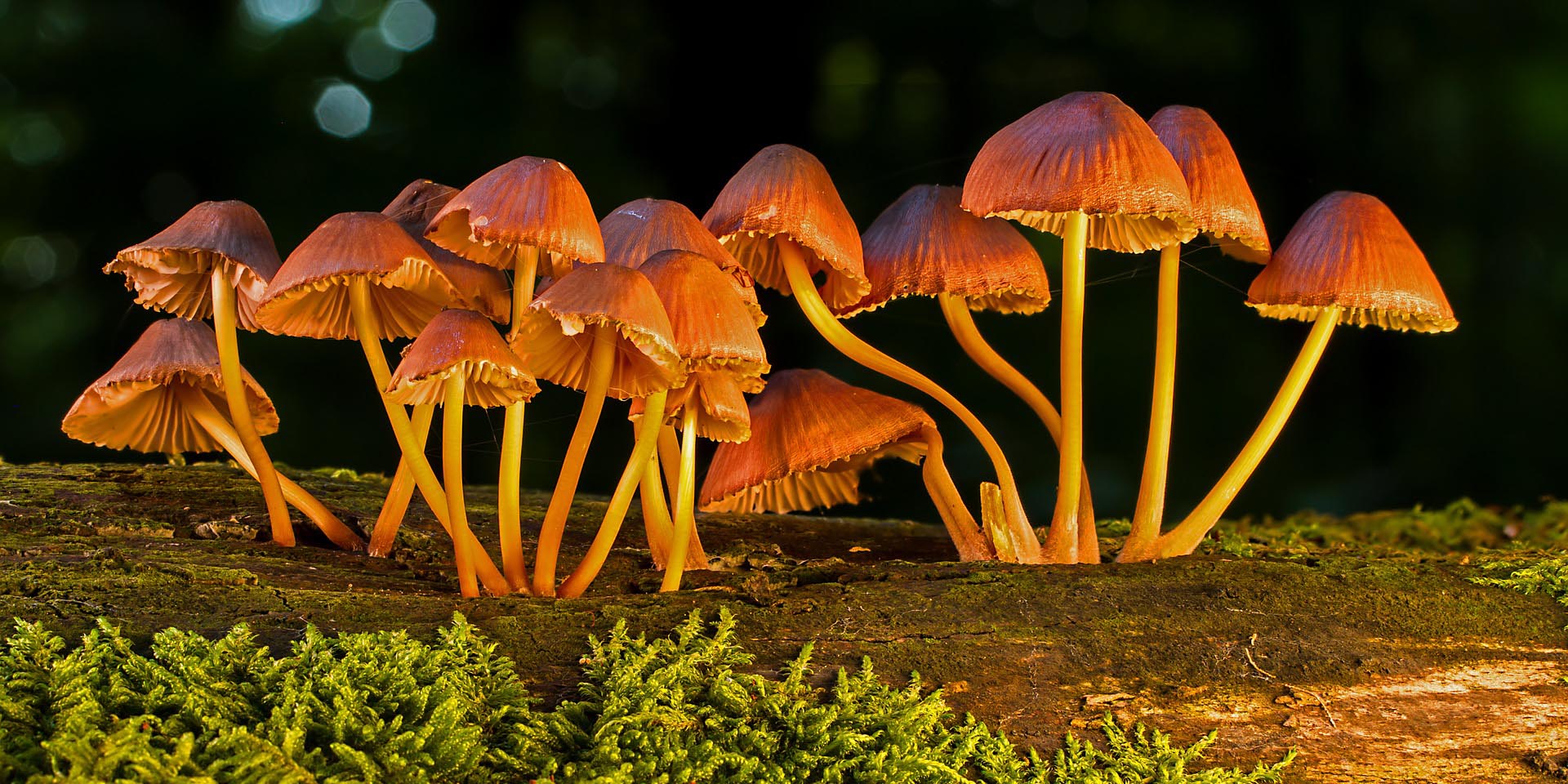The Remarkable Rediscovery of Magic Mushrooms by Modern Medicine

PREMIUM CONTENT for MEMBERS ONLY
By Sarah Abedi, MD
Recently there has been a re-emergence of psychedelics in clinical research for its therapeutic benefits. These compounds have been used for centuries by indigenous people and ancient civilizations in ritual practices and are beginning to regain popularity in the scientific community for its potential role in depression, anxiety and PTSD among others. Psilocybin, the psychoactive compound of psychogenic “magic mushrooms” has been showing particular promise in creating substantial and sustained therapeutic benefits in depression and anxiety in patients with life-threatening cancer. Countless research studies continue to show the benefits and safety of psilocybin and its beneficial effects on end-of-life suffering.
The most rigorous type of trial, a randomized double-blind study, led by Dr. Roland Griffiths at the Johns Hopkins Center for Psychedelic and Consciousness Research showed that high-dose psilocybin produced large decreases in depressed mood and anxiety.1 The study also showed a significant increase in the quality of life, life meaning, and optimism as well as decrease related to the anxiety of death. Remarkably, when the participants of the study were followed up in 6 months, 80% of them continued to show clinically significant decreases in depressed mood and anxiety.
Currently, there are few ways to help those who are suffering from the severe emotional distress associated with a life-threatening cancer diagnosis. However, several studies have shown a marked reduction in demoralization and hopelessness immediately after the psilocybin medicine session. Up to 70% of participants reported it as either the single most important, or as in the top five most meaningful experiences of their lifetime.2
Participants may recount their experiences when using psilocybin. Patrick Mettes, was a participant in a New York University psilocybin cancer study and recounts what his psilocybin session felt like. He was diagnosed with terminal cholangiocarcinoma, a cancer of the bile ducts, which had metastasized to his lungs. The following is an excerpt from what Patrick wrote regarding his session which was chronicled by researcher and psychiatrist Dr. Charles Grob:
“From here on, love was the only consideration. Everything that happened, anything and everything that was seen or heard centered on love. It was and is the only purpose. Love seemed to emanate from a single point of light… It was so pure. The sheer joy…the bliss was indescribable. And in fact, there are no words to accurately capture my experience… my state… this place. I know I’ve had no earthly pleasure that’s come close to this feeling… no sensation, no image of beauty, nothing during my time on earth has felt as pure and joyful and glorious as the height of this journey. I was beginning to wonder if man spent too much time and effort at things unimportant… trying to accomplish so much… when really, it was all so simple. No matter the subject, it all came down to the same thing: Love. Earthly matters such as food, music, architecture, anything, everything… aside from love, seemed silly and trivial. I thought about my cancer but only briefly. I took a tour of my lungs. I could see some things but it was more a matter of feeling the inside of my lungs. I remember breathing deeply to help facilitate the “seeing”. There were nodules but they seemed rather unimportant… I was being told (without words) to not worry about the cancer… It’s minor in the scheme of things… simply an imperfection of your humanity and that the more important matter… the real work to be done is before you. Again love. Undoubtedly, my life has changed in ways I may never fully comprehend. But I now have an understanding… an awareness that goes beyond intellect… that my life, that every life, and all that is the universe, equals one thing… love.”
When administered in a carefully screened setting, with interpersonal support and under monitored conditions, psilocybin has shown the ability to produce significant reductions in existential, psychospiritual and interpersonal distress. Numerous other studies have demonstrated similar effects with psilocybin and its relationship to easing anxiety and depression. The promise of this psychedelic research has already spurred universities across the country to open new centers for this dedicated study with UC Berkeley being the latest to launch the UC Berkeley Center for the Science of Psychedelics.
Psilocybin has been shown not to be additive nor does it cause compulsive use. This new research is making scientists and regulators requestion psilocybin’s Drug Enforcement Administration’s (DEA) classification as a schedule 1 drug- a drug with no currently accepted medical use and a high potential for abuse. It may be time for us to change our perspective of psychedelics especially as this research continues to show such progress. The research done in this field may begin to shift the cultural taboo of death and dying and allow us to face our deepest fears of death and attempt to move past them gracefully with greater acceptance and equanimity.
References
- https://www.ncbi.nlm.nih.gov/pmc/articles/PMC5367557/
- https://www.ncbi.nlm.nih.gov/pmc/articles/PMC5367551/
 Sarah Abedi, MD is an emergency medicine doctor practicing in Southern California. She completed her medical school at UC Irvine and finished her emergency medicine residency at Harbor UCLA. Her medical interests lie in the science of disease prevention which motivated her to create The Hidden Body Podcast.
Sarah Abedi, MD is an emergency medicine doctor practicing in Southern California. She completed her medical school at UC Irvine and finished her emergency medicine residency at Harbor UCLA. Her medical interests lie in the science of disease prevention which motivated her to create The Hidden Body Podcast.